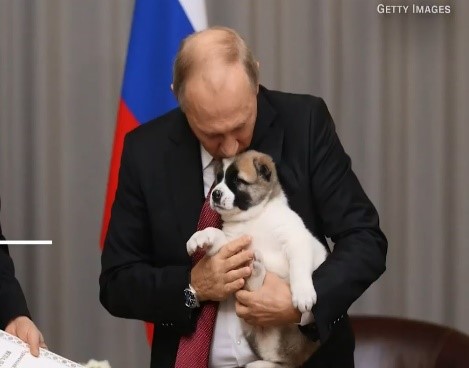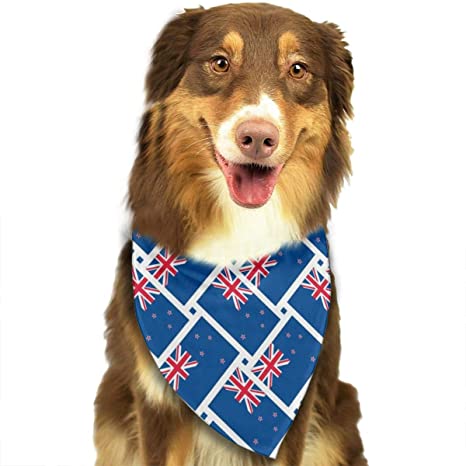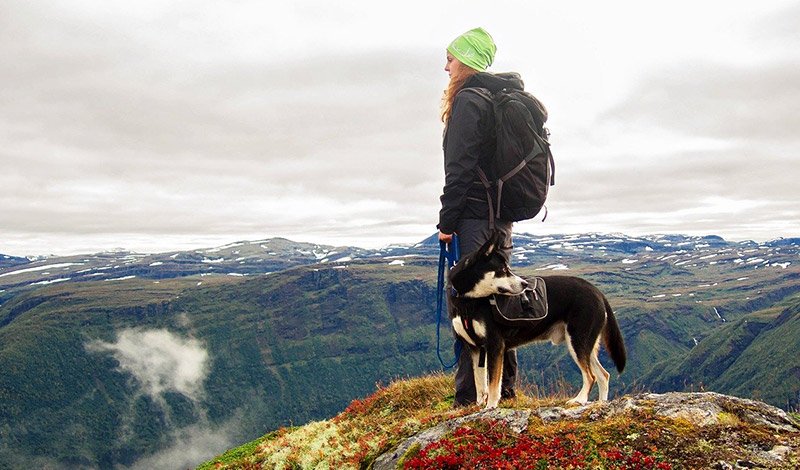Clearing our all your concerns & doubts about pet travel is part of our job here at PET EXPRESS.
We’re happy to do that because we’re pet owners ourselves. We understand nothing is more important than your fury friend’s health and safety. We understand that if you’re about to embark on a journey with your cat or dog, you need accurate information so you can plan everything accordingly.
One of the most common questions we get about international pet air travel is, “Should I tranquilize / sedate my pet?” The answer is a clear NO.
But you may have heard otherwise, and you can find seemingly reputable online sources that still recommend sedation. This is why we work so hard to help you separate fact from fiction. And, in this case, we can suggest several alternatives that are better than drugs (Sedatives / Tranquilizers)
Sedating your pet during international air travel could be really dangerous
Sedation puts the brain to sleep. For a long time, pet owners (and pet health professionals) believed the best way to treat anxious dogs and cats was to simply “knock ‘em out, and they won’t know the difference.” Over the years, though, medical research has taught us this is not a good idea, because there are potential dangers to dogs and cats that could be much worse.
The problem with sedating your pet’s brain is that your pet cannot think or process normally. Wooziness will confuse and worry him/her, and your pet could even panic. Your pet baby won’t be able to maintain her balance. That could also confuse and worry the pet, putting your pet at greater risk of injury during her trip.
Furthermore, sedatives / tranquilizers affect more than your pet child’s brain. Sedatives reduce heart rate, respiration, and body temperature. If your pet has a snub nose, respiration problems could be even more dangerous. Animals can even become dehydrated, though that’s rare.
No loving pet parent wishes any of that on their cat or dog. That’s why the American Veterinary Medical Association strongly recommends against using sedatives / tranquilizers. Airlines won’t even accept sedated dogs and cats.
There have been a number of instances where sedated pets traveling by air needed veterinary care to recover from the sedation. Some pets could not be revived. Occasionally, owners have given repeated doses to ensure a comfortable journey for their pet. When questioned by airline personnel, many owners claim that their veterinarians had advised them to do so.
Although sedatives/tranquilizers should never be repeated for animals traveling by air, sedated pets may have adverse reactions in pressurized aircraft even when single doses are administered at recommended dosages. Animals can respond very differently to sedatives/tranquilizers under normal circumstances. Cats for instance, occasionally become more excited following the administration of “sedating” drugs.
“An animal’s natural ability to balance and maintain equilibrium is altered under sedation,” noted Dr. Patricia Olson, a director of the American Humane Association (AHA). “When the kennel is moved, a sedated animal may not be able to brace and prevent injury.” JAVMA, Vol 207, No.l 6, September 15, 1995.
Increased altitude can also create respiratory and cardiovascular problems for dogs and cats that are sedated or tranquilized.
So what should you do to calm your pet?
Look for ways to help calm your pet’s anxieties during travel. You can use some of your used clothing / towels which has your scent and this will actually calm your pet knowing that his/her pawrent is nearby.
Consider purchasing a pheromone product, such as Feliway for cats and Adaptil for dogs, that you can spray in the carrier to help naturally relieve their stress.
Adaptil offers collars too. Adaptil™, also known as D.A.P. or dog appeasing pheromone, mimics the chemical signal released by a mother dog to calm her pups. It can be very effective for some dogs with travel anxiety or fear of the unfamiliar.
For cats, there is a product that replicates the feline facial pheromone called Feliway which provides reassurance to cats. Again this comes in a spray form so you can spray the IATA Box prior to journeys to help reduce stress. Please speak to your pet travel agent for further information.









